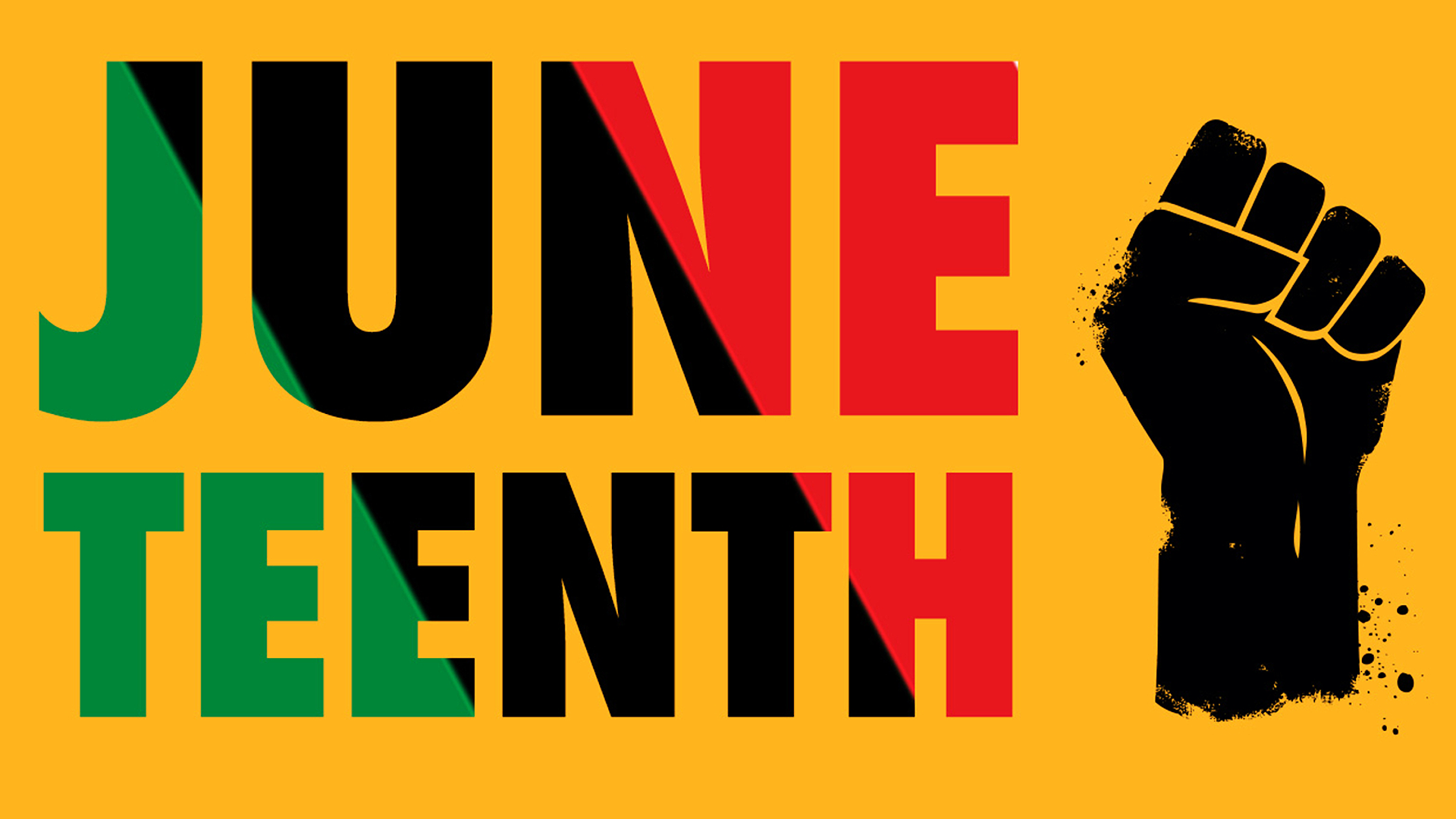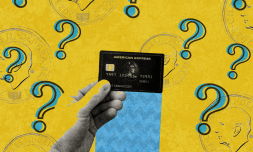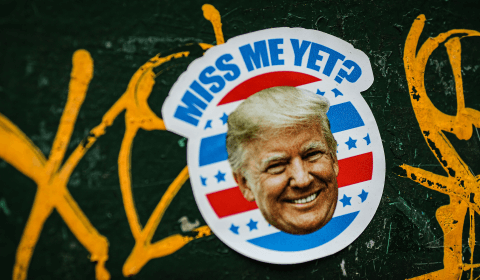You can already celebrate Juneteenth – a federal holiday marking the emancipation of enslaved African-Americans – with paper plates and party hats, thanks to a swathe of US supermarkets. It’s commercialisation reflects the sanitised version of America’s history that the holiday sought to re-write.
Many were elated when Juneteenth was named a federal holiday on June 19th 2021. Like most Black American history, the day that enslaved African-American’s were emancipated in 1865 wasn’t on the school curriculum.
Its recognition by the US government seemed like a turning point for Black Americans, whose history has long been denied. The sanitisation of their ancestors suffering has enabled a blind patriotism to exist, the whitewashed lens through which millions view America as the ‘home of the brave, land of the free’.
But Black people had already been celebrating Juneteenth long before it became a federal holiday last year. Edna Bonhomme notes that the date has been observed in the US for over a century, marked by rallies, parades, and picnics – particularly in states like Texas and others across the South.
In hindsight, perhaps these were the halcyon days. Next month marks the first Juneteenth that will be celebrated as a Federally recognised holiday.
But this recognition seems largely to have given white people a chance to cop-in, clawing another portion of African American culture onto their already teeming plates – or should I say, paper plates. And cups. And ice-creams. And T-Shirts.
Images of Juneteenth ‘memorabilia’ have been cropping up on social media this week. Photos taken in Walmart show a range of ‘Juneteenth’ party items including a red-velvet and cheesecake flavoured ice-cream, and napkins that read ‘It’s the freedom for me’.
Twitter has criticised the supermarket chain for commercialising the holiday, using the tone-deaf branding of ‘Juneteenth’ memorabilia as a springboard for larger discussions of corporate greed.
Morgan Casey argued that Joe Biden’s decision to make Juneteenth a national holiday in the first place was ‘random’, without ‘nuanced introduction or backstory’.
It was, Casey suggests, another opportunity ‘for rich, white people to get a paid day off while most BIPOC work’. This is because under a federal holiday it is only federal employees who reap the benefits – a professional sector that is notoriously un-diverse.
Walmart’s new ‘Juneteenth’ celebration collection affirms the worst fears of both Casey and millions of Black Americans. That the incentive for honouring these monumental moments in African-American history are for profit – not education, or even celebration.




















